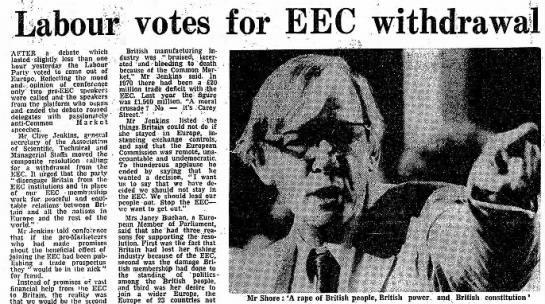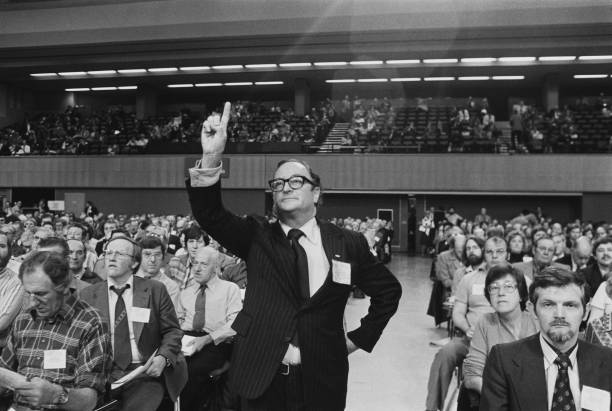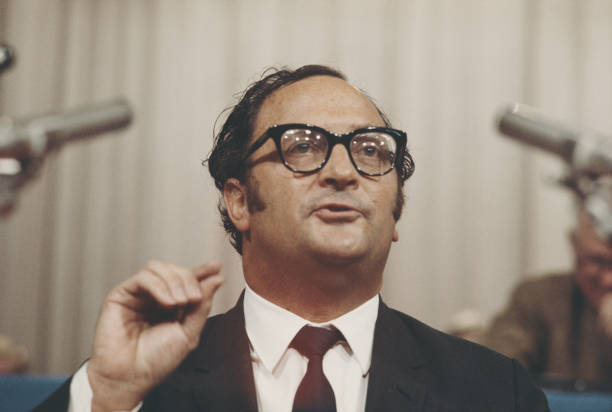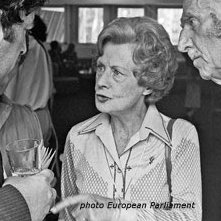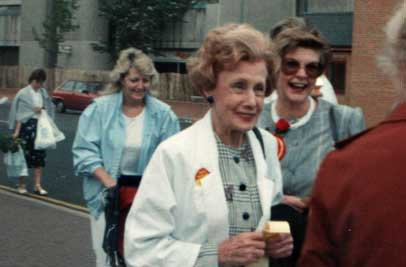
In December 1981, a delegation of Labour MPs went to Brussels to discuss Labour's plan for leaving the EEC with the Commission.
The confidential report of the meeting provides a fascinating look at what were in effect the first negotiations on Brexit, covering familiar themes/1
The confidential report of the meeting provides a fascinating look at what were in effect the first negotiations on Brexit, covering familiar themes/1

The Labour delegation was led by the wonderful, left-wing, former overseas develop minister Judith Hart, supported by three other eurosecptic Labour MPs: Gwyneth Dunwoody, Doug Hoyle (father of the current speaker), and Denzil Davies. /2 



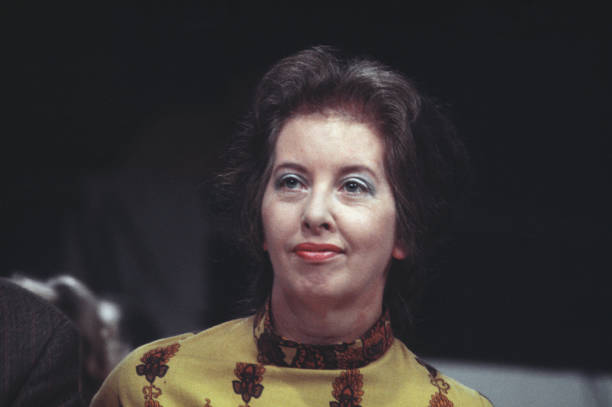
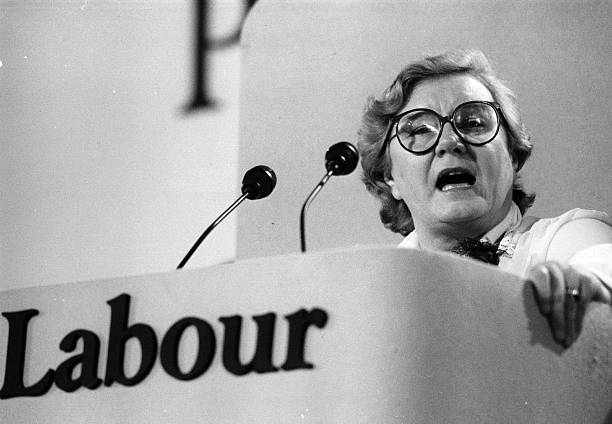
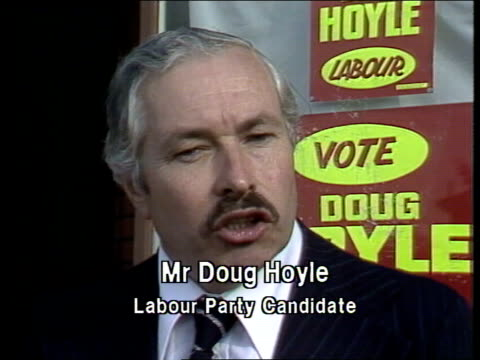
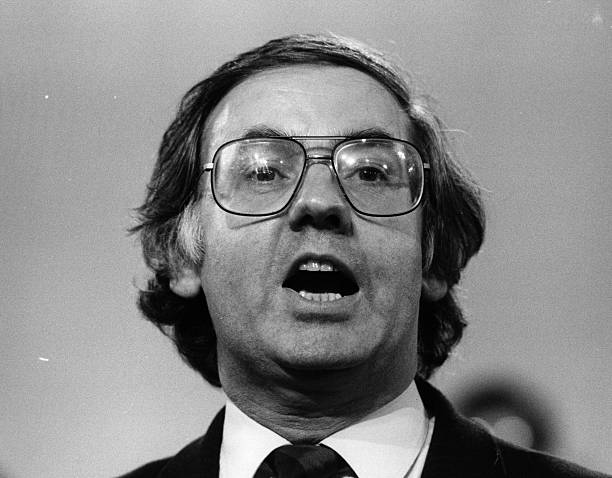
On the other side of the table included the British Commissioner, Christopher Tugendhat, uncle of the current Conservative MP Tom Tugendhat. /3 
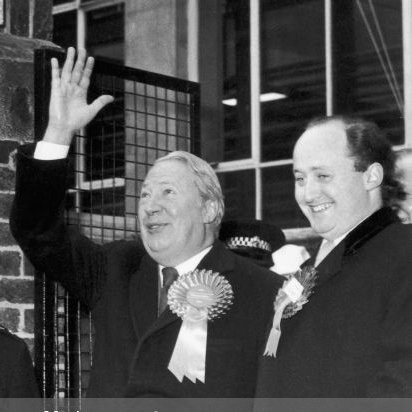
Initially, 'the original shape of the programme gave the impression that the delegation was to be taken on a “Cook’s tour” of the Commission with much time to be spent on officials expounding the virtues of the EEC', Judith Hart's notes bitterly resented. /4 
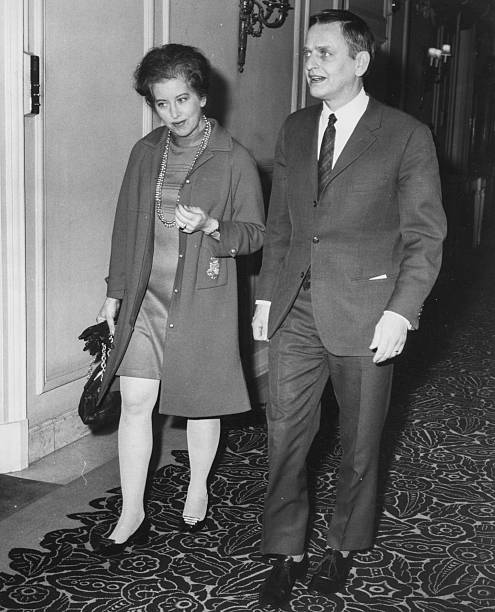
However, after a few phone calls and the intervention of the British Labour Group of MEPs, led at the time by Barbara Castle, 'the nature of the meetings changed completely and we were able to fulfil our original intentions'. Namely, the technicalities of a Labour Brexit. /5 
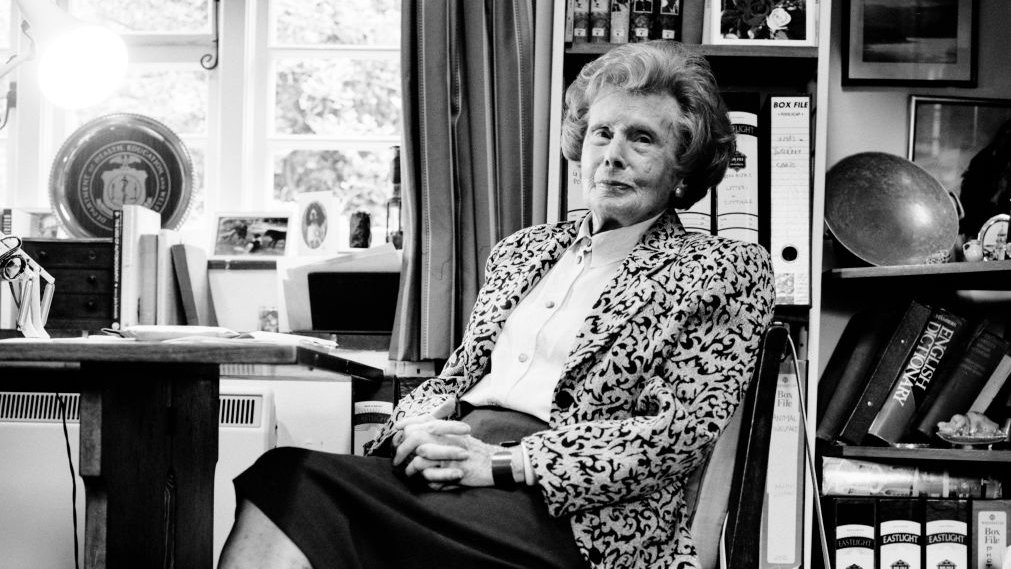
'On the whole the discussions were both serious and fruitful and conducted in an atmosphere of considerable friendliness', the Labour internal report reflected. 'It was quite noticeable', however, that the only 'hostility that was shown came from the British officials'. /6
The Labour Brexit planners discussed the following topics with the EEC Commission:
Trade
Industrial Policy
Technical standards
Agriculture and Food
Ireland
The Social Fund
Employment
Energy and Oil
Euratom
International development
Legalities of Brexit
Negotiation timetable
/7
Trade
Industrial Policy
Technical standards
Agriculture and Food
Ireland
The Social Fund
Employment
Energy and Oil
Euratom
International development
Legalities of Brexit
Negotiation timetable
/7
These are quite fascinating discussions, as the presage the kinds of wrangling that occurred after 2016. I wonder if UK negotiators were aware of these 1981 discussions.
A couple of the most interesting are over the future trading relationship and Ireland.
/8
A couple of the most interesting are over the future trading relationship and Ireland.
/8
The EEC offered Labour two options: EFTA or third country status through GATT (ie WTO rules).
They stated, 'it would be not possible for the Community, if only for political reasons, to negotiate a better deal with the UK'. Already playing hardball!
/9
They stated, 'it would be not possible for the Community, if only for political reasons, to negotiate a better deal with the UK'. Already playing hardball!
/9
The Labour negotiators stated, 'The question of the border with Ireland also raises certain special problems. When the UK leaves the Community it would be necessary to make special arrangements for what has always been an open border between the North and South of Ireland'. /10
Labour's team believed this could be overcome. The UK would be comfortable with an open border:
'This clearly does not constitute a problem for the UK but for the Community...The Commission officials [however] saw the problems in terms of the UK having to stop the “leakage”' /11
'This clearly does not constitute a problem for the UK but for the Community...The Commission officials [however] saw the problems in terms of the UK having to stop the “leakage”' /11
The Labour Brexit team and the Commission representatives agreed that a withdrawal agreement could be devised within 18-24 months of a Labour government initiating the process of leaving the EEC. /12
Labour's negotiators asked what would happen if a Labour government just unilaterally left the EEC without an agreement?
'The officials stated at this point that “there had to be an agreement otherwise it would be terrible!”. They declined to speculate further on this point'/end
'The officials stated at this point that “there had to be an agreement otherwise it would be terrible!”. They declined to speculate further on this point'/end
• • •
Missing some Tweet in this thread? You can try to
force a refresh


